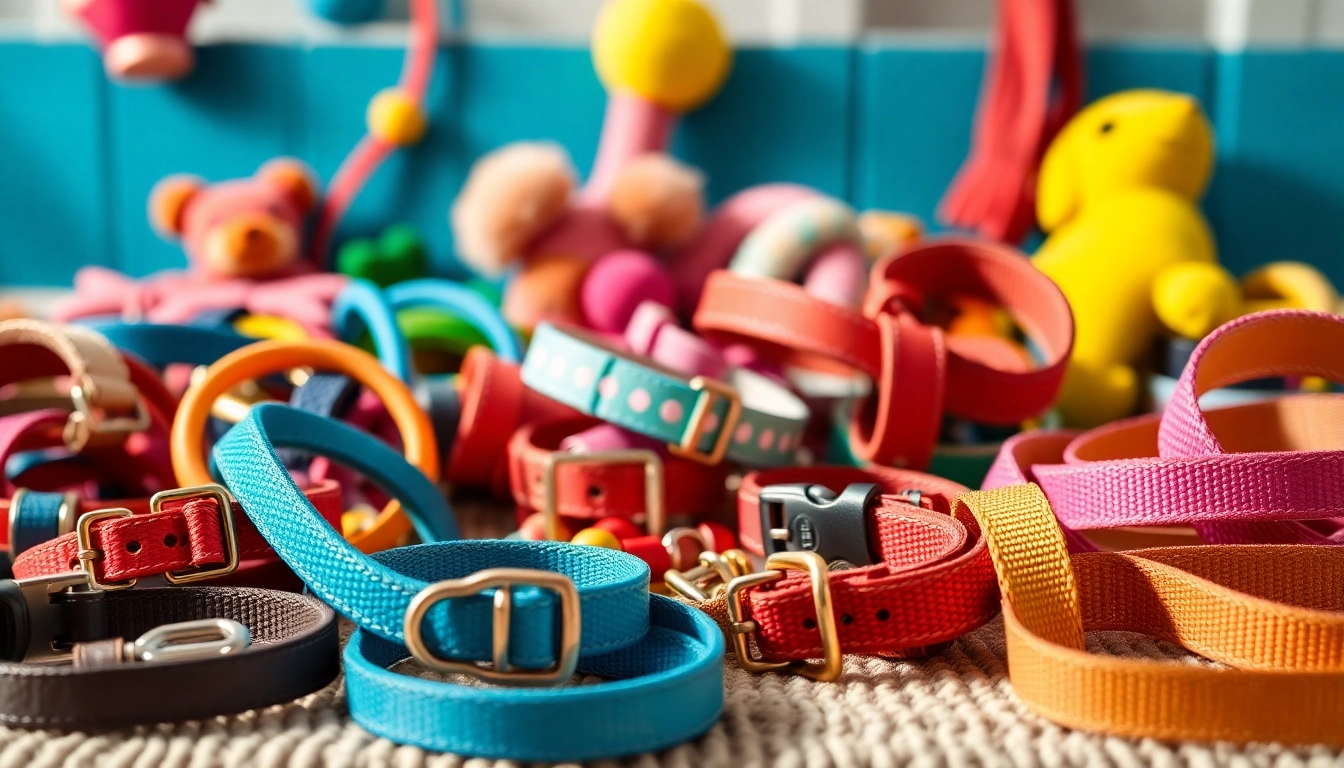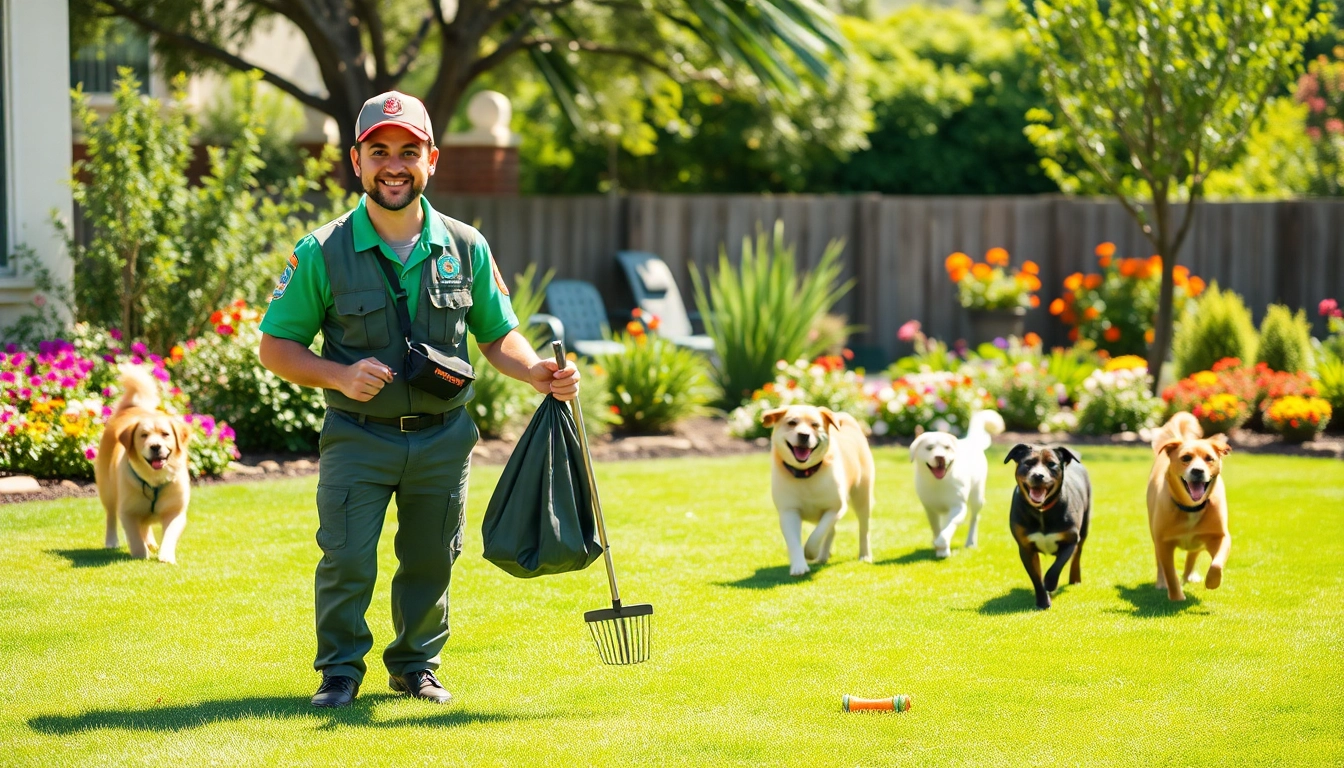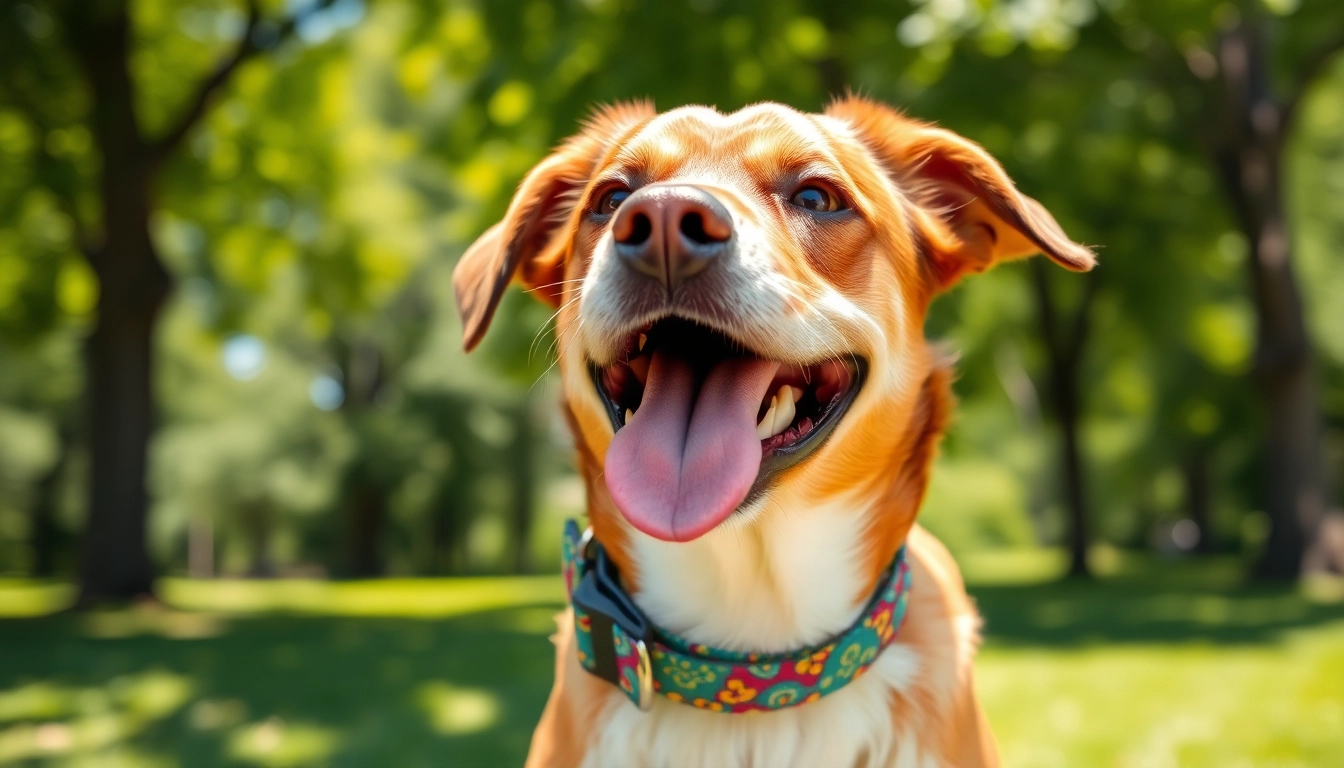Understanding the Importance of Cleaning Up Dog Poop
For many dog owners, cleaning up dog poop might seem like a mundane task that lacks importance. However, understanding the necessity behind this practice reveals significant health, environmental, and legal implications. Not only is it a matter of hygiene and maintaining a pleasant livable space, but it also contributes to broader public health and environmental concerns. Hence, ensuring that we clean up dog poop should be a priority for all pet owners.
Health Risks Associated with Dog Waste
Dog poop is more than just an eyesore; it carries a range of health risks for both pets and humans. The feces of dogs can harbor various pathogens, including bacteria and parasites that can lead to illnesses. Common diseases linked to dog waste include:
- Toxocariasis: Caused by roundworms, which can be transmitted to humans upon contact with contaminated soil or surfaces.
- Giardiasis: A parasitic infection that can lead to gastrointestinal issues in humans, often linked to contaminated water sources.
- Campylobacteriosis: An infection that can be contracted through handling infected feces, leading to serious stomach conditions.
The potential for these health risks emphasizes the need for responsible disposal of pet waste to protect public health.
Environmental Impacts of Neglecting Cleanup
In addition to health risks, failure to clean up after dogs can have detrimental effects on the environment. Dog poop left on the ground can contribute to water pollution, as rain can wash the waste into local waterways, leading to contamination. This can disrupt aquatic ecosystems and degrade water quality, posing a risk to both wildlife and human health.
Furthermore, dog waste is not a fertilizer. While some might think it can enrich soil, it actually contains harmful pathogens that can result in contaminated soil and plants. Therefore, proper disposal is crucial in protecting our ecosystems.
Legal Obligations for Pet Owners
Many municipalities enforce rules requiring dog owners to clean up after their pets, with penalties for non-compliance. Aside from legal repercussions, it is also part of being a responsible pet owner and a good neighbor. Understanding local ordinances related to pet waste can help avoid fines and promote community well-being.
Choosing the Right Tools for Cleanup
Having the right tools can make the often unpleasant task of cleaning up dog poop more manageable and efficient. Depending on your preferences, various tools and accessories are available to facilitate this process.
Types of Pooper Scoopers and Their Effectiveness
There are numerous types of pooper scoopers on the market, each with its advantages and disadvantages. Here are some common varieties:
- Traditional scoops: Simple designs that consist of a scoop and a handle. They’re affordable and effective for quick pickups but can require bending.
- Long-handled scoops: These help you stay upright while cleaning, reducing the strain on your back. Ideal for use in yards, they can cover a larger area with ease.
- Drawer-style devices: These scoopers feature a sliding drawer that allows you to dispose of waste without direct contact, offering a more hygienic method.
When selecting a pooper scooper, consider factors such as your yard size, your dog’s habits, and any physical limitations you might have.
Comparing Disposable Bags and Reusable Options
Dog waste bags come in both disposable and reusable options, catering to different user preferences and environmental concerns. Disposable bags, made of plastic or bioplastics, are convenient but can contribute to landfill waste. However, many localities now offer biodegradable options that break down more quickly.
On the other hand, reusable bags can be a more eco-friendly choice but require proper cleaning and maintenance. When comparing the two, consider sustainability, convenience, and local regulations regarding dog waste disposal.
Innovative Gadgets for Effortless Cleanup
In addition to traditional tools, innovative gadgets have emerged to ease the poop-cleaning process. Smart devices include:
- Automatic pooper scoopers: Robotic devices that autonomously navigate your yard and collect waste, although they can be expensive and may require regular maintenance.
- Odor eliminators: Some devices are designed to neutralize odors after waste removal, ensuring that your yard remains pleasant.
Investing in the right gadgets can streamline the process, especially for busy pet owners looking for an efficient cleanup solution.
Best Practices for Cleaning Up Dog Poop
Establishing effective habits for cleaning up after your dog can minimize the effort required while ensuring a sanitary environment. Here are some tips to consider:
Step-by-Step Guide to Yard Cleanup
Cleaning your yard can be simplified by following a systematic approach:
- Gather your tools: Have your scoop, bags, and any additional aids ready before starting.
- Survey the yard: Walk through the area to identify all poops in need of cleanup.
- Use your tools: Start at one corner and systematically move across, using your chosen scoop or bags to collect waste.
- Dispose of waste properly: Place collected waste in a trash bin or designated disposal area, ensuring it’s sealed to prevent odors.
- Disinfect tools: After every cleanup, disinfect your tools to maintain hygiene.
Handling Cleanup in Different Weather Conditions
Weather can greatly affect the cleanup process. In wet conditions, feces may become softer and stickier, making them harder to collect. Conversely, during winter, frozen waste can be easier to pick up, but hiding under snow can complicate detection. Regardless of the season:
- Dress accordingly to stay warm and dry.
- Consider using rubber boots to protect your shoes from mess.
- When possible, conduct cleanups after snowmelt for a thorough inspection.
Maintaining a Clean Living Space with Indoor Dogs
For those with indoor pet behavior challenges, maintaining cleanliness can be particularly difficult. Use the following strategies to mitigate issues:
- Establish a designated bathroom area outside and train your dog to use it consistently.
- Utilize training pads inside for smaller breeds or during adverse weather, and ensure they are regularly cleaned.
- Invest in enzymatic cleaners to tackle stains and odors effectively if accidents occur indoors.
Eco-Friendly Disposal Methods
As pet owners become increasingly ecologically conscious, exploring eco-friendly waste disposal methods is paramount. Here are several strategies:
Composting Dog Waste Safely
Composting dog poop is both eco-friendly and practical. The process involves:
- Using a dedicated composting bin specifically for pet waste.
- Mixing a carbon source (like dried leaves or shredded paper) to balance the nitrogen-rich dog poop.
- Allowing the material to decompose for at least six months before use to kill harmful pathogens.
However, caution is essential — never use dog waste compost on edible plants, as contaminants can harm health.
Utilizing Waste Digesters for Backyard Disposal
Waste digesters are designed to break down dog poop into a gas that escapes through a vent while handling the waste naturally. These units work similarly to a miniature septic system, allowing you to dispose of waste without traditional scooping methods. Installed underground, they can significantly reduce waste build-up in yards.
Community Initiatives for Pet Waste Management
Engaging with local pet waste management initiatives can provide valuable resources and support. Efforts like community clean-up days, educational workshops, and public waste disposal stations can help foster a cleaner environment and promote responsible pet ownership practices.
Engaging Professional Dog Waste Removal Services
For busy pet owners or those who may struggle to maintain a clean environment, professional dog waste removal services can be an excellent option. Here’s how to determine if it’s right for you.
When to Consider Hiring Professionals
Consider hiring a professional service if you:
- Have a busy schedule that leaves little time for cleanup.
- Own multiple dogs or a larger breed that produces more waste.
- Find physical cleanup challenging due to back problems or other health concerns.
What to Look for in a Dog Poop Removal Service
When choosing a service, evaluate:
- Experience and reputation within your community.
- Services offered—some companies offer additional maintenance, such as yard sanitation.
- Transparency in pricing, including any recurring contracts or one-time cleanups.
- Insurance and safety practices to ensure your dog’s safety.
Benefits of Regular Waste Cleanup Services
Regular professional cleaning can yield several benefits for pet owners, such as:
- Peace of mind knowing that your yard is regularly cleaned and maintained.
- Improved health environment for both family and pets.
- More time to focus on enjoying life with your dog rather than worrying about cleaning.
In conclusion, cleaning up after your dog is essential for health, environmental stewardship, and upholding community standards. By understanding best practices, utilizing effective tools, and considering professional services, you can contribute to a cleaner, safer world for everyone.



